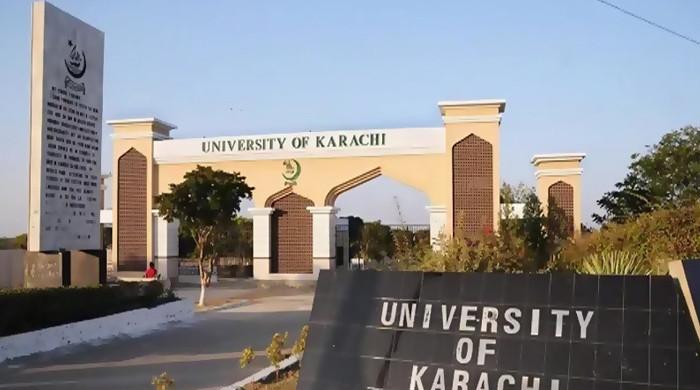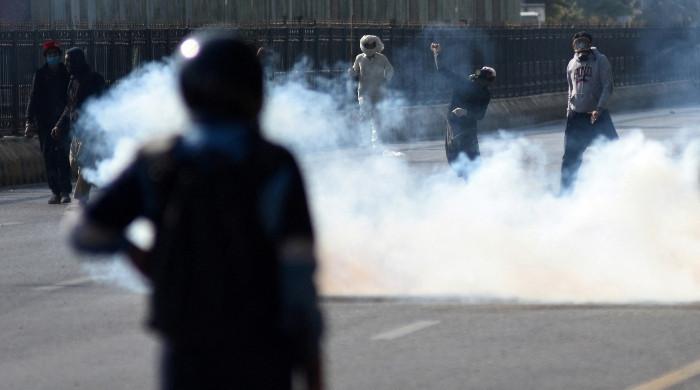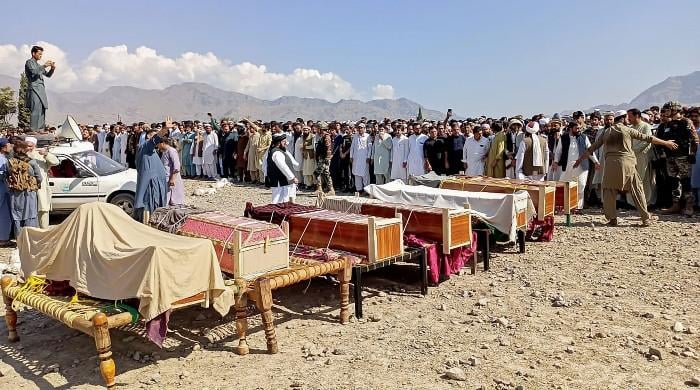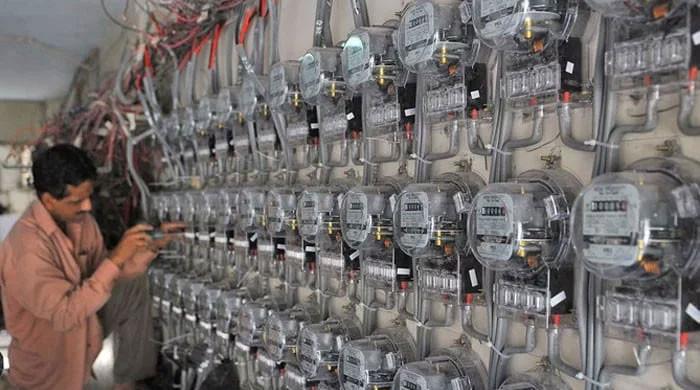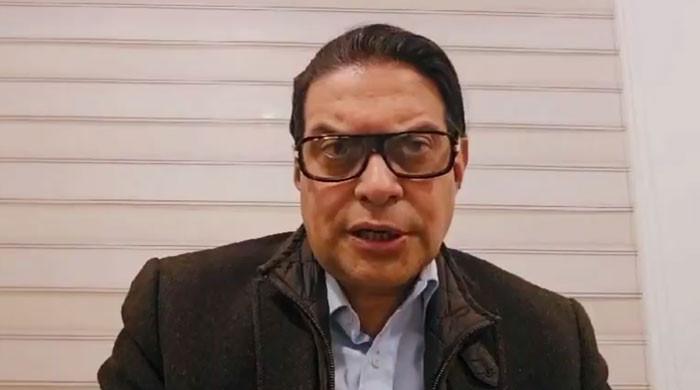IHC declares session court's verdict on Toshakhana case 'null and void'
judgment was reserved by Justice Aamer Farooq on June 23 after completion of arguments from both sides
July 04, 2023
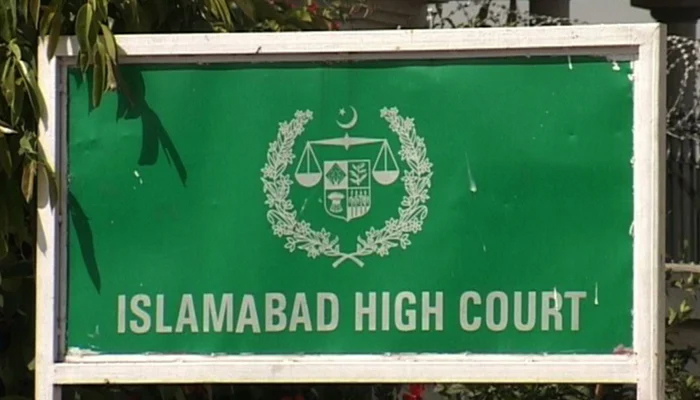
- PTI chief had asked judge to recuse himself from case yesterday.
- Session court had indicted PTI chairman on May 10.
- PTI lawyer says this is victory for party chief.
ISLAMABAD: The Islamabad High Court (IHC) on Tuesday annulled the decision of the trial court which had rejected Pakistan Tehreek-e-Insaf (PTI) Chairman Imran Khan's petition seeking to have the Toshkhana case declared inadmissible.
Chief Justice Amir Farooq of the IHC pronounced the verdict on the PTI chief's petition, which was reserved on June 23.
Announcing the short order, the judge returned the matter to the trial court, ordering that the PTI's counsel arguments be heard again and reconsidered.
"The trial court should decide on the PTI chairman's plea in the Toshakhana case in 7 days," the IHC ruled.
Khan was indicted in the Toshakhana case on May 10 by Additional Sessions Judge Humayun Dilawar, who rejected objections about the admissibility of the case.
The PTI chief then approached the IHC, which had stayed criminal proceedings on the case till June 8.
Following the resumption of the hearing in June, Justice Aamer on June 23 reserved his verdict on the petition, saying that he would look into the matter after Eid ul Adha.
In his petition, the PTI chair objected to filing a complaint after a specified period.
His lawyer, Khawaja Haris, maintained that a complaint could only be filed within four months of submitting the return.
In a written order issued by the court, the judge wrote that the trial court's decision had left important legal issues unresolved.
It would be appropriate for the trial court to decide on the application after hearing the arguments again, the judge added in his order.
The order further maintained that it was evident from the parties' arguments that the court gave its decision without going into details.
It is important to know the answers to 8 different questions, including the jurisdiction of the case, the IHC top judge wrote, adding that
the petition was rejected with little reasoning, and important legal questions and issues were left unresolved.
However, a day earlier, the PTI chief submitted a petition to the court, seeking Justice Aamer's recusal from the case.
In the petition, the former prime minister — who was removed from power via a no-confidence motion in April last year — sought the transfer of the two Toshakhana cases to another bench in the interest of a “fair and impartial” trial.
The petition has also named the district election commission as the respondent.
During a talk with media personnel outside the IHC, the PTI chief's lawyer, Gohar Khan, termed the verdict a "victory".
"An appeal was filed against the decision of the session judge in the Toshakhana case," he said, adding that the wrong person filed the complaint.
"We were trying in courts for a year. Today, PTI has won," he said.
What is the Toshakhana case?
Under the rules governing "Toshakhana" — a Persian word meaning "treasure house" — government officials can keep gifts if they have a low worth, while they must pay a dramatically reduced fee to the government for extravagant items.
The Toshakhana has been under a microscope ever since the emergence of the allegations that the PTI chief purchased the gifts he received as prime minister at throwaway rates and sold them off in the open market for staggering profits.
The 70-year-old cricketer-turned-politician was accused of misusing his 2018 to 2022 premiership to buy and sell gifts in state possession that were received during visits abroad and worth more than Rs140 million ($635,000).
The gifts included watches given by a royal family, according to government officials, who previously alleged that Khan's aides sold them in Dubai.
The gifts included seven wristwatches, six made by watchmaker Rolex, and the most expensive, a "Master Graff limited edition" valued at 85 million Pakistani rupees ($385,000).
The election commission's order had said Imran stood disqualified under Article 63(1)(p) of the Constitution.
Following the order, the election watchdog moved the Islamabad sessions court and sought criminal proceedings against him — and the PTI chief has missed several hearings.




